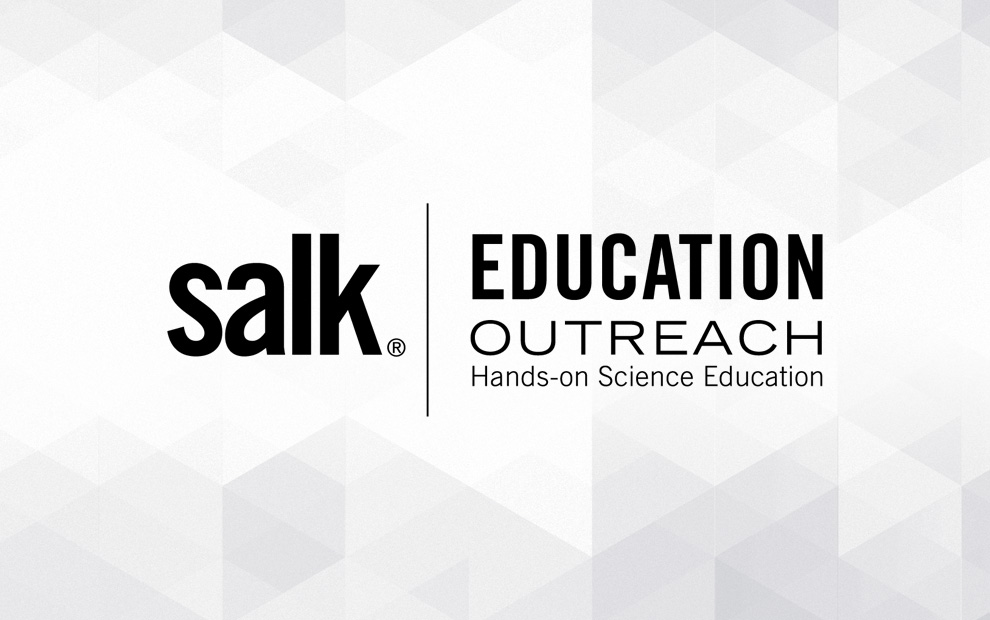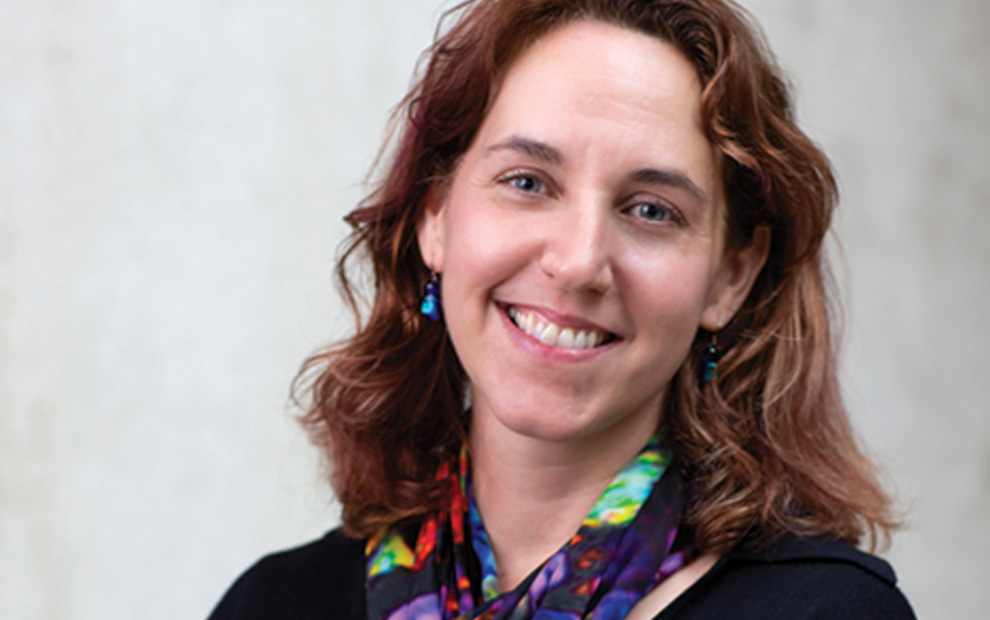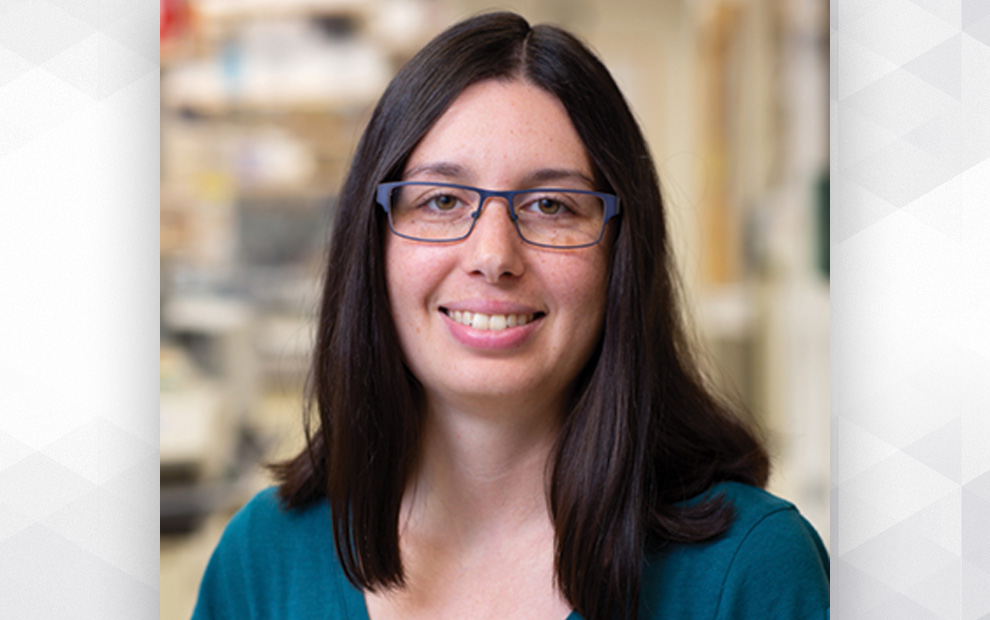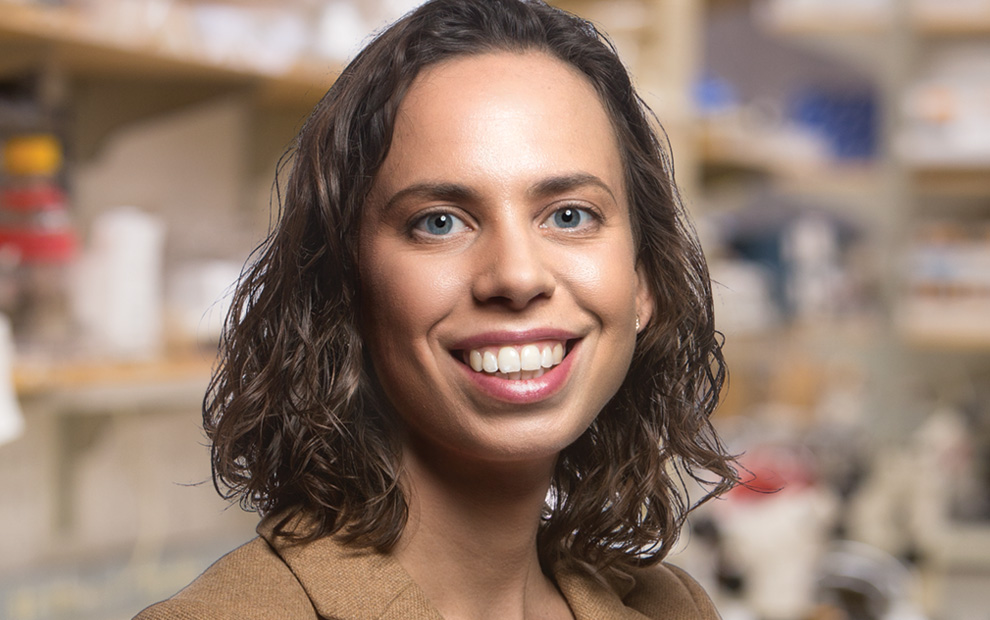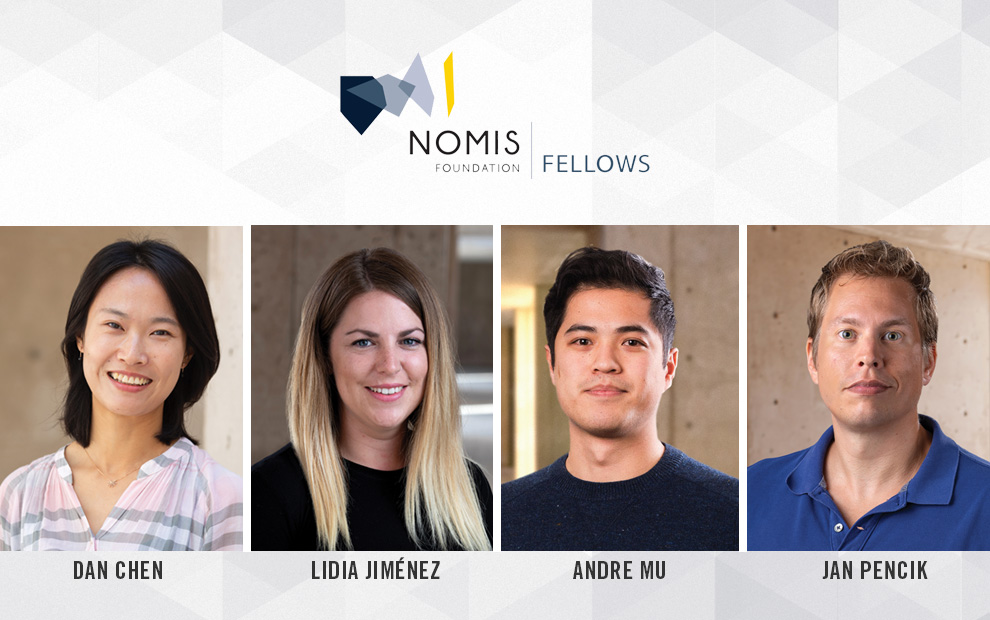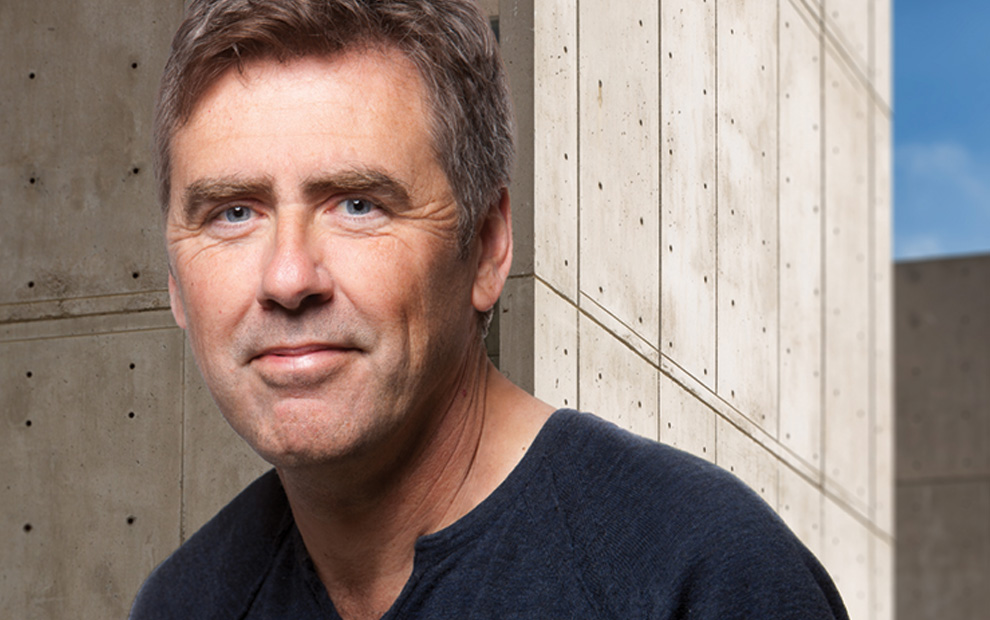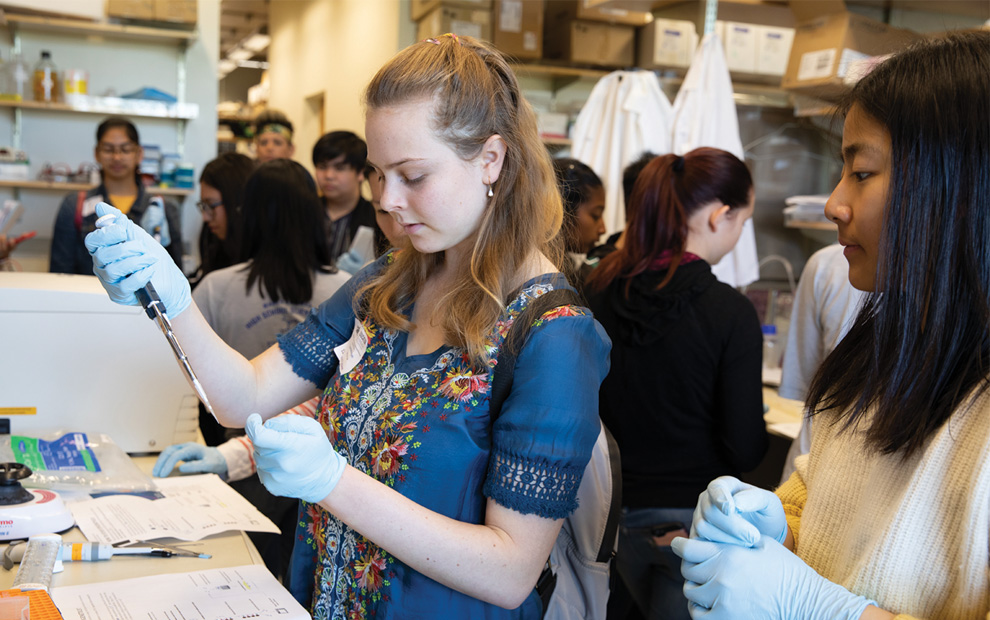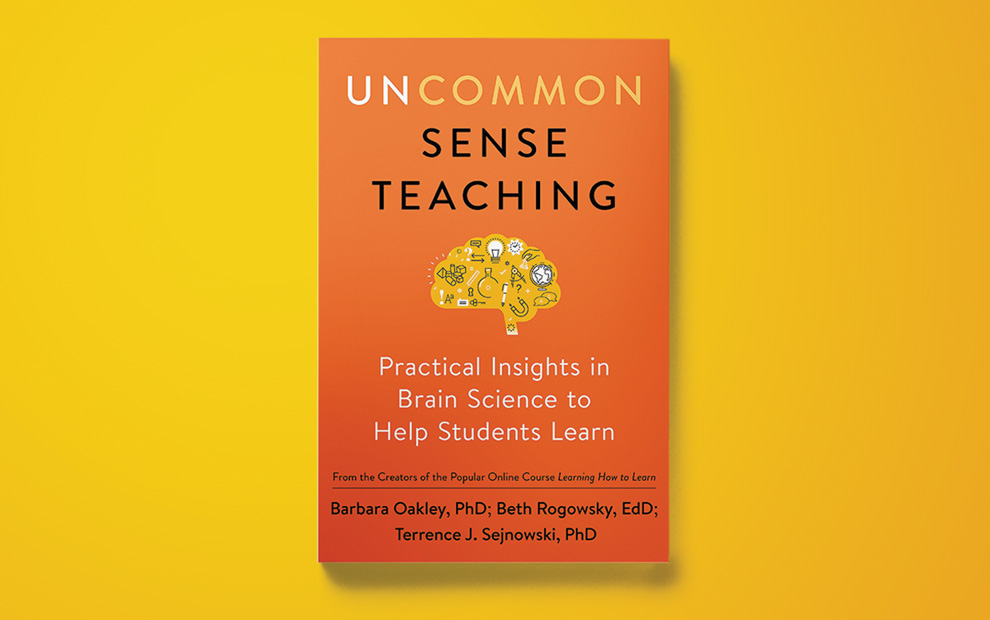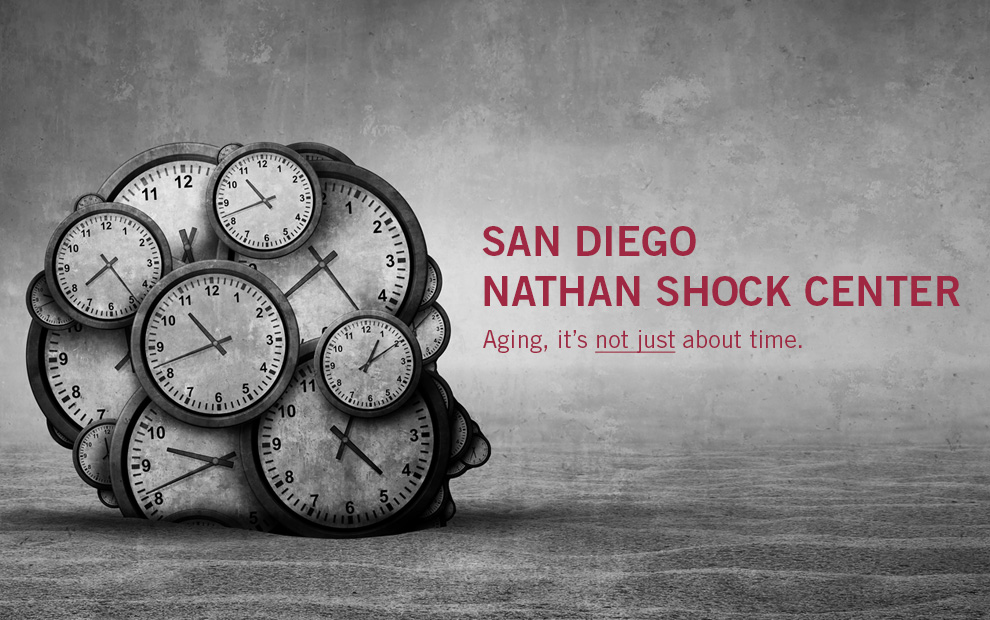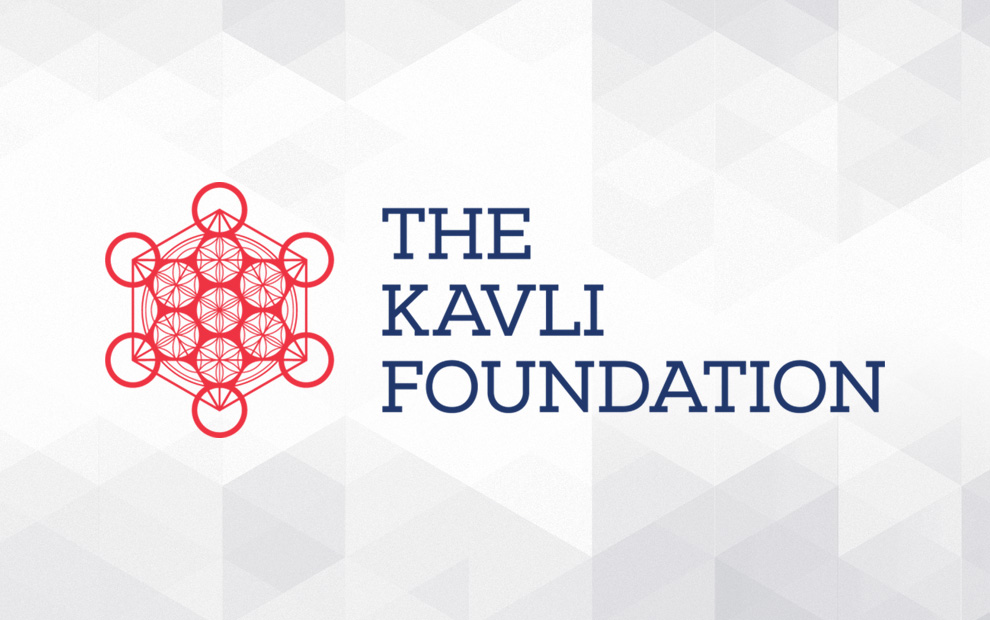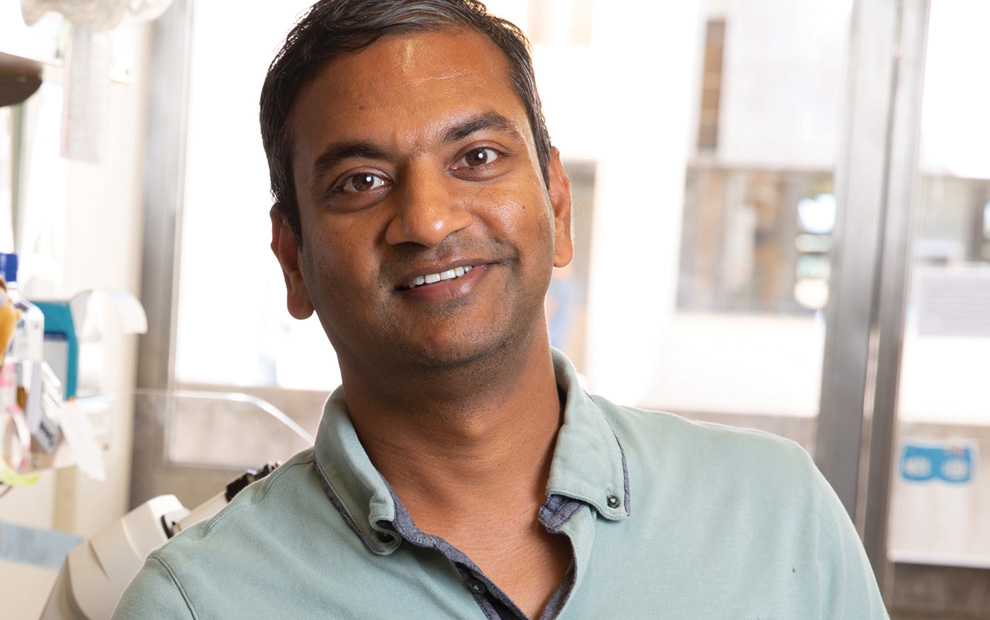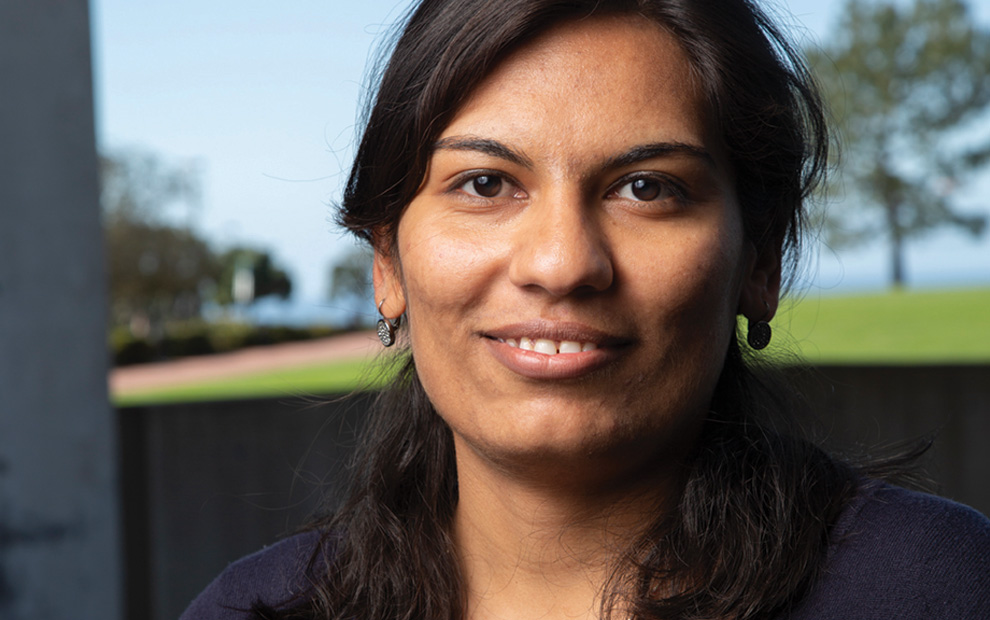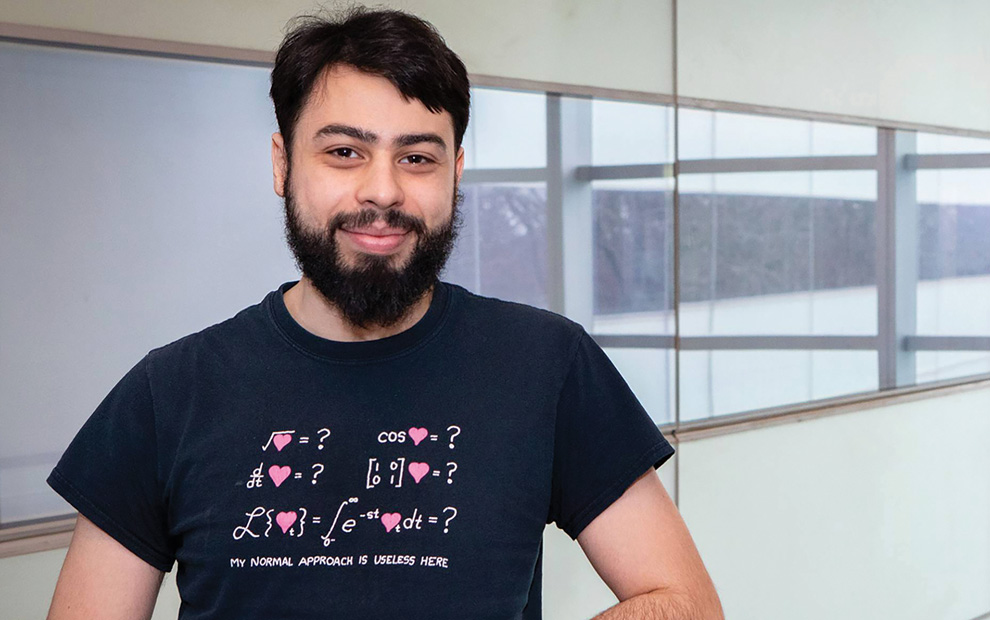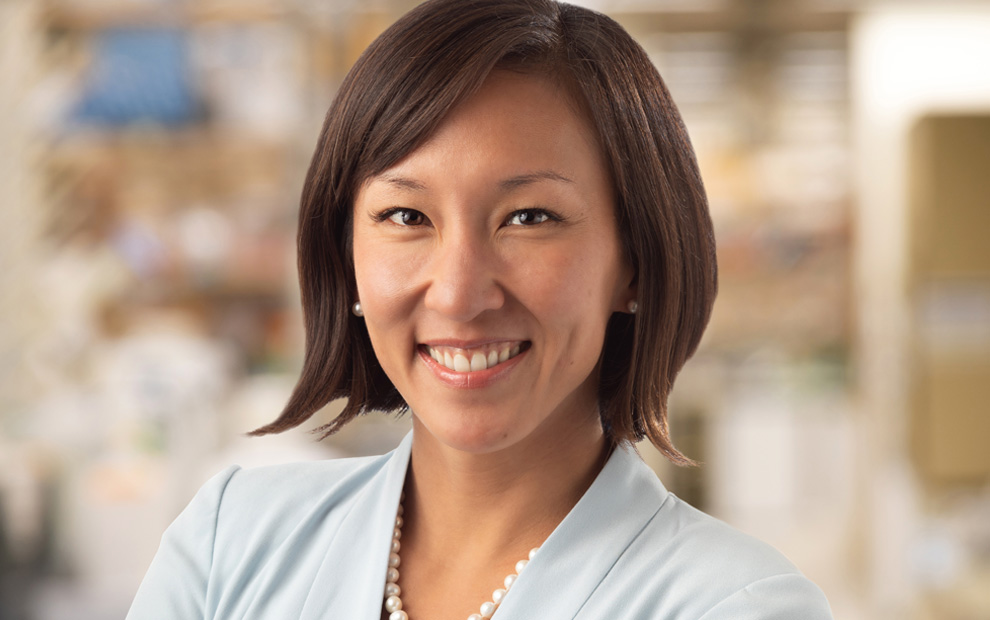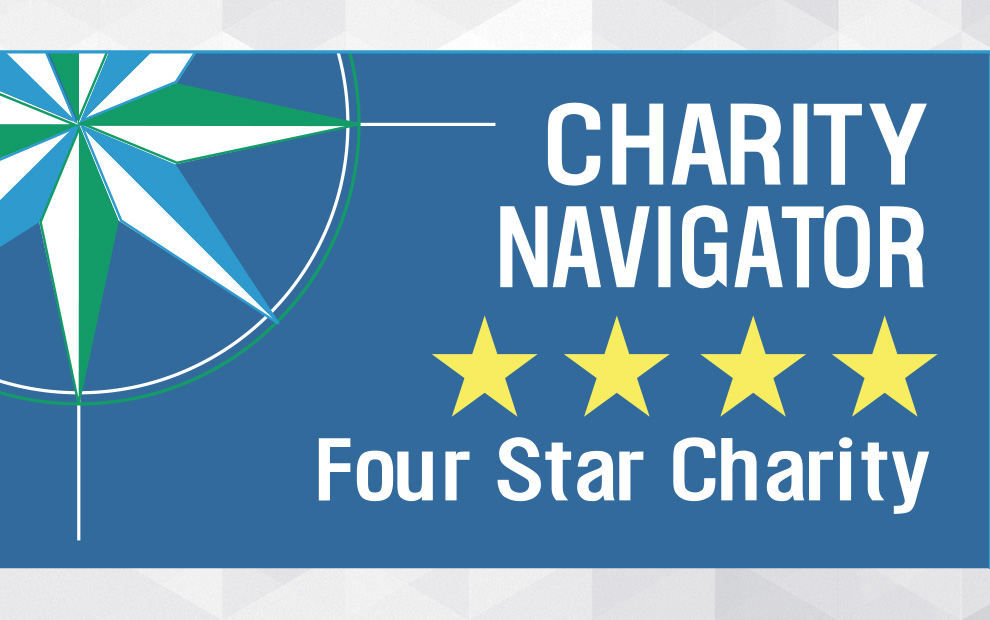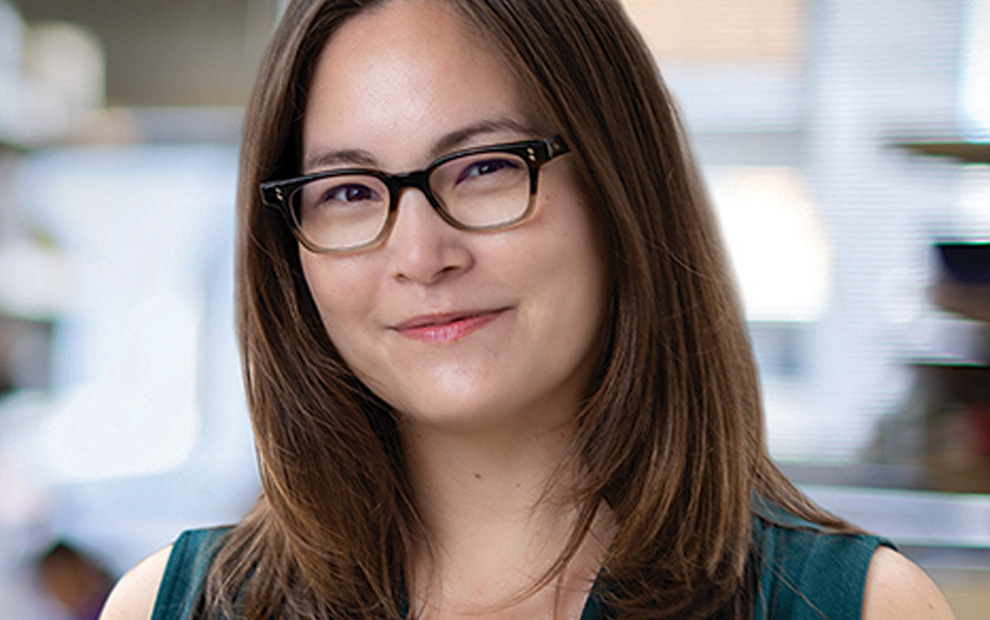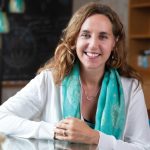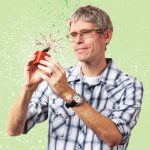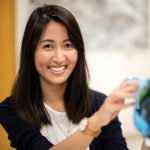Salk’s Education Outreach program received the 2021 Inspiring Programs in STEM Award from INSIGHT Into Diversity magazine, the largest and oldest diversity and inclusion publication in higher education. The Inspiring Programs in STEM Award honors colleges and universities that encourage and assist students from underrepresented groups to enter the fields of science, technology, engineering and mathematics (STEM). Salk will be featured, along with 78 other recipients, in the September 2021 issue of INSIGHT Into Diversity magazine.
INSIGHT Into Diversity selected Salk’s Education Outreach program for its continued efforts in delivering innovative, engaging STEM learning experiences to thousands of San Diego students of all ages, the majority of whom come from underrepresented and underserved communities.
Education Outreach serves San Diego County students of all ages through its core programs: Mobile Science Lab, Heithoff-Brody High School Summer Scholars, March of Dimes High School Science Day and the Ellen Potter Research Connections for Teachers Symposium. These programs are offered at no cost to students, teachers and schools, thereby reducing economic barriers to high-quality STEM education.






















































